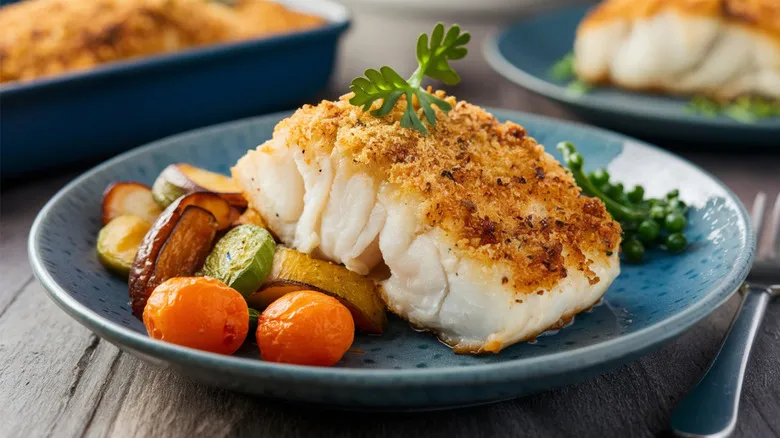The concerning history of Atlantic cod
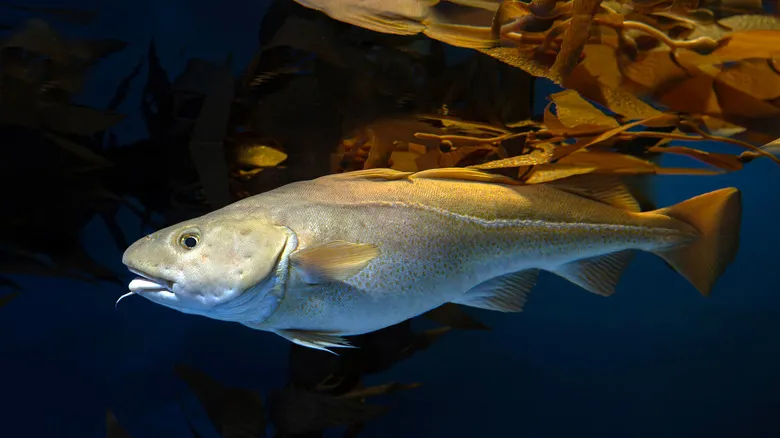
Atlantic cod has been cherished by various cultures for millennia. Its plentiful presence in North American waters was a key factor that drew European explorers to the area. In 1602, Cape Cod in Massachusetts was named in honor of this valuable and abundant fish, which played a crucial role in shaping the early economy of New England. Similarly, in Newfoundland, Canada, and nearby regions, cod fishing emerged as a vital industry, profoundly influencing the local culture.
By the mid-20th century, advancements in technology and fishing techniques led to a peak in cod populations and an increased demand for the fish. Fishing vessels in the Atlantic were capturing enormous quantities of cod. Unfortunately, this unregulated overfishing resulted in a significant decline in cod populations during the latter part of the century.
In the early 1990s, as the Atlantic cod population plummeted to just 1% of its historical levels, Canada imposed a moratorium on fishing, which devastated the Newfoundland economy. Similarly, fish stocks in New England faced drastic reductions. Although the ban has since been lifted, many cod stocks have not shown significant recovery, and current Atlantic cod fisheries are subject to strict regulations aimed at promoting sustainability.
According to WBUR, in 2020, the total catch of Atlantic cod in the U.S. reached a record low of approximately 1.6 million pounds, a stark contrast to over 100 million pounds in the 1980s. While some cod stocks, particularly those in Georges Bank and the Gulf of Maine, show signs of recovery, it is unlikely that Atlantic cod will return to being the affordable, easily accessible fish it once was in the near future.
Fish alternatives to order instead
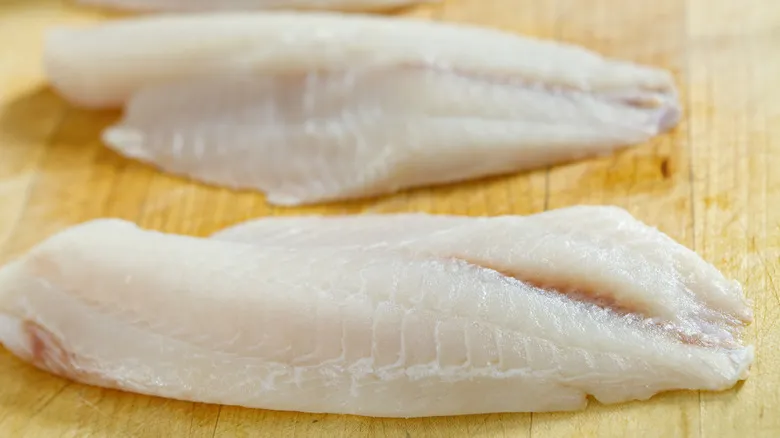
Fortunately, giving up Atlantic cod doesn't mean you have to forgo white fish altogether or miss out on fish and chips. If you're specifically craving cod, Pacific cod is a great alternative that offers a similar flavor profile and comes with fewer sustainability issues, provided it’s sourced from North American areas like the Bering Sea or Gulf of Alaska.
There are also several other white fish options that can serve as substitutes for cod. For fish and chips, haddock and pollock are popular choices, while halibut, hake, or Pacific lingcod work well for simpler dishes that showcase the fish's delicate taste. Additionally, although it sometimes gets a bad rap as a "garbage fish," tilapia is a sustainably farmed and highly versatile white fish that ranks among the most consumed fish in the United States.
Beyond sustainability, Chef Bobby Flay has mentioned that he avoids ordering cod in restaurants due to its perceived blandness. So, if you're feeling adventurous at a restaurant, consider opting for something more flavorful, like a salmon or swordfish filet. Your sustainable choice might just turn out to be even more delicious.
Recommended
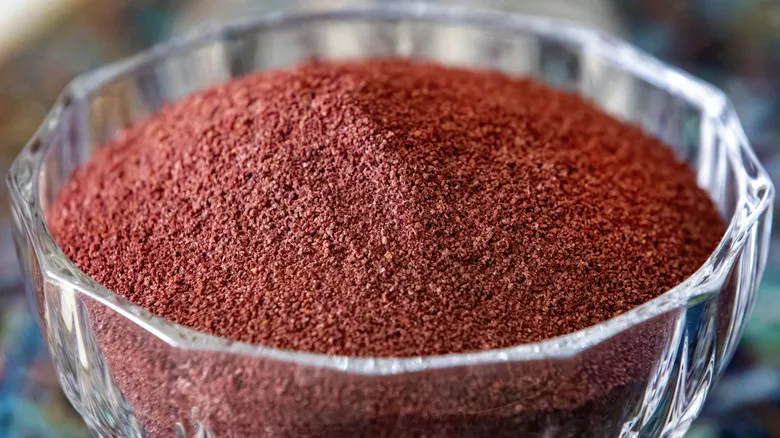
Why Sumac Belongs In Your Next Fruit Salad

Why You Should Never Reheat Whole Hard-Boiled Eggs In The Microwave
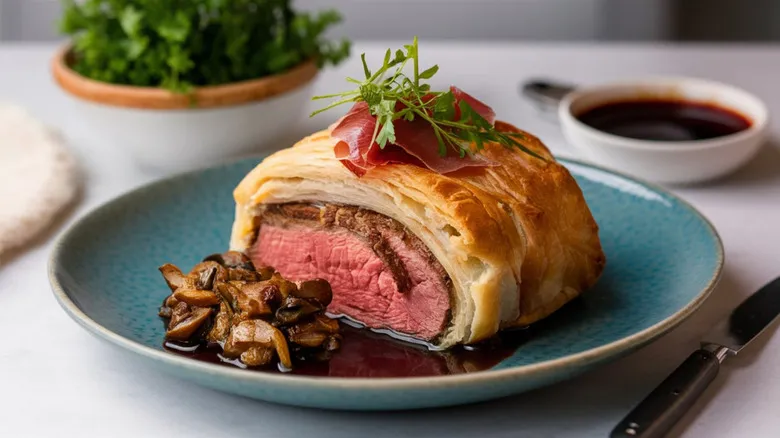
A Shooter's Sandwich Is Like Beef Wellington Without All The Work

How Giada De Laurentiis Eats Cookies For Breakfast
Next up

